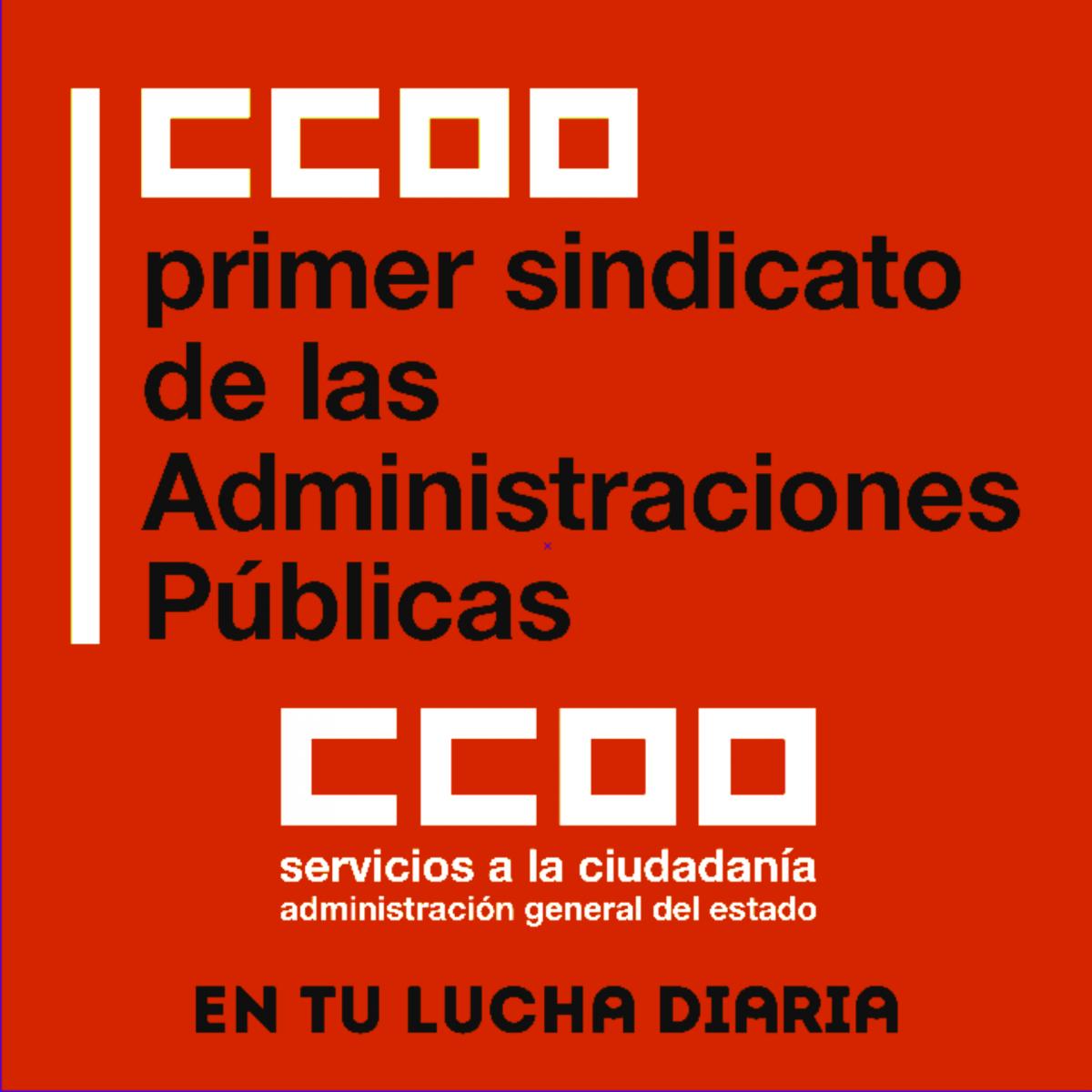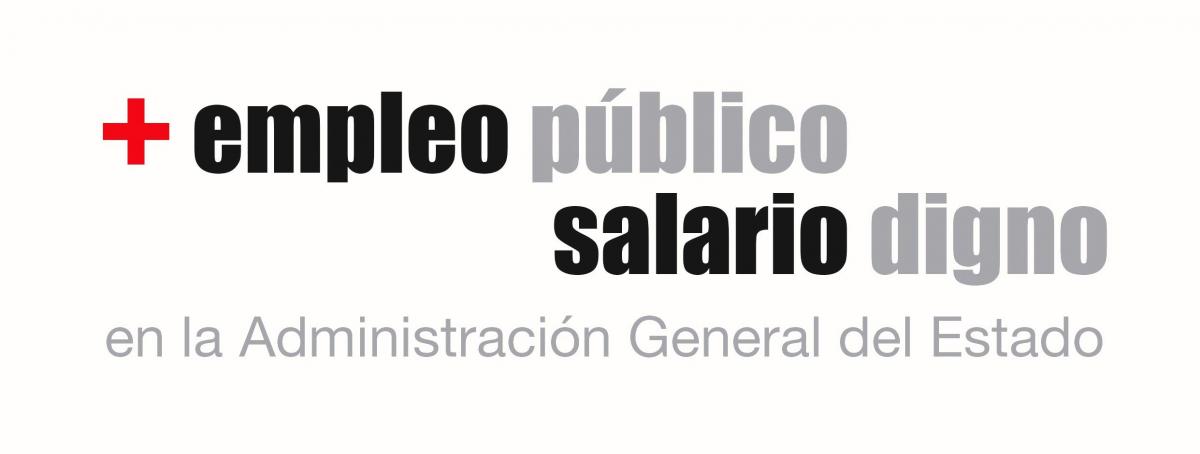On 11 March 2020, our social representatives held a meeting with the Directorate General of the Foreign Service, with the Prevention Service of the Ministry of Foreign Affairs and with its medical cabinet, in order to clarify the guidelines that should be followed given the current worldwide health emergency caused by the spread of coronavirus (COVID-19).
At this meeting, we addressed the criteria established in the Resolution published by the State Secretariat for Territorial Policies and Public Service during the late hours of March 10th. A copy of this Resolution has been attached to this document and should be adapted to the specific context of each affected city, region or country, given the extensive differences within our field of work and the fact that measures implemented by local authorities of each country must also be complied with.
It should be highlighted that, for the past few weeks, the MAUEC (Ministry for Foreign Affairs, European Union and Cooperation) has been applying flexibility and common sense in countries such as China, Iran, South Korea, Italy and France in order to adapt working hours and on-site work to the health and public measures that have been taken (closing schools, interrupting public transport, etc.) in all of these countries, as the crisis escalated.
On 12 March, given the quick progression of this epidemic, the Foreign Service Directorate General sent a telegram to all foreign Representations abroad, acknowledging that it is not possible to establish a uniform approach due to the existing heterogeneity in our jobs and working places. This telegram provided instructions for all Representation leaders in the following regard:
- Quarantine: respect all local authority guidelines with regard to quarantine, as well as all measures that are implemented for its control. Quarantine periods for all workers under Spanish Social Security terms will be considered in the same way as temporary inability to work (Incapacidad Temporal - I.T.) and will therefore receive their full salaries. In this regard, all quarantine periods for workers under a different social security system which may not provide the same level of remuneration guarantee will be considered in the same way as paid leaves so as to prevent partial or total loss of salaries (this consideration was requested by CCOO in the above-mentioned meeting).
- Teleworking and flexibility: when establishing the teleworking model and timetable or shift flexibility, the personal circumstances of all workers who act as carers of dependent persons must be considered.
- Gatherings: comply with the health measures imposed by local authorities regarding meetings and mass gatherings of people. Measures aimed at limiting non-essential consular services or attention to the public may be implemented in order to avoid gatherings, but they must be previously approved by the Directorate General of Spanish Citizens Abroad and Consular Affairs.
- Holidays, paid leaves and secondments: each case will be assessed individually, depending on the rulings issued by local authorities regarding travellers from affected areas (under periods of quarantine or travel restrictions) and on the purpose of each trip, due to the impact that travelling abroad could later have on the correct functioning of workers´ placement centre. Furthermore, secondments which imply travelling to risk areas must be restricted to the minimum.
On 10 March, the Prevention Service of the Ministry for Foreign Affairs, European Union and Cooperation also published its Occupational Risk Assessment related to the outbreak of pneumonia caused by coronavirus (COVID-19). A copy of such document has been attached in order to assess the risks of all workers belonging to this Ministerial Department, both in central services and abroad, and to provide action guidelines which can prevent infection.
The following are the generic individual protection measures against respiratory diseases:
- Encouraging hygiene measures, such as handwashing using water and soap or a hydro-alcoholic solution, particularly after coming into direct contact with ill people or their relatives and friends.
- When sneezing or coughing, our mouth or nose must be covered by bending our arm.
- Using disposable handkerchiefs and throwing them away after use.
- Should any person have respiratory symptoms, all close contact with other people must be avoided, keeping approximately one metre away from other workers.
- Avoiding touching your eyes, nose and mouth, given that hands can enable transmission.
- Using masks, disposable gloves and mechanic means such as barriers, catenaries, etc. at premises used for attention to the public.
Depending on the nature of workers’ activities and on transmission mechanisms, three main scenarios of risk exposure for these workers have been identified. We consider that:
- Risk exposure: is any occupational situation when close contact with a confirmed or suspected case of symptomatic SARS.Cov-2 may occur.
- Low risk exposure: is any occupational situation when the relation with a likely or confirmed case does not include close contact.
- Low probability of exposure: includes workers who are not in contact with the public or who work more than two metres away from them, or who have collective protection measures which prevent contact (a glass window, barriers, etc.).
It is important to add that, during our meeting, the head of the "Oficialía Mayor" informed us that the great effort they have put into obtaining a large purchase order for masks have been unsuccessful, as a consequence of the overall shortage of this element in the local market. New restrictions to air traffic would also make it very difficult to send batches to affected areas. For these reasons, the Ministry for Foreign Affairs, European Union and Cooperation has instructed local managers to buy masks locally. Budgetary provisions will be authorised for each Embassy, Consulate General or Permanent Representation that might request additional funding for these products.
In light of the serious global health emergency and given that we still lack Prevention Delegates capable of assessing these situations and answering the questions of our staff in each country, at CCOO we would like to make ourselves available to you for any query that you may have.
Finally, we call on all foreign service workers, particularly local-hired staff, to let us know of any irregularity, arbitrariness or noncompliance with the criteria established by the State Secretariat for Territorial Policies and Public Service or with the instructions given by the Directorate General of the Foreign Service of the Ministry for Foreign Affairs, European Union and Cooperation to each Spanish diplomatic office overseas. These irregularities should be notified when they put workers´ health at risk or when they hinder your work-life balance in these exceptional circumstances. Once notified, we will take the appropriate steps before the corresponding Ministerial Department in Madrid. To this effect, we would like to underline that you can contact our section by any of the following means:
- Email: ccoo-servicioexterior@fsc.ccoo.es / osmany.llanes@fsc.ccoo.es
- Landline: +34 91 535 52 31
- Mobile phone:+34 689 31 54 89 / WhatsApp:+34 658 94 95 61
We will keep you informed!
Madrid, March 13th, 2020














